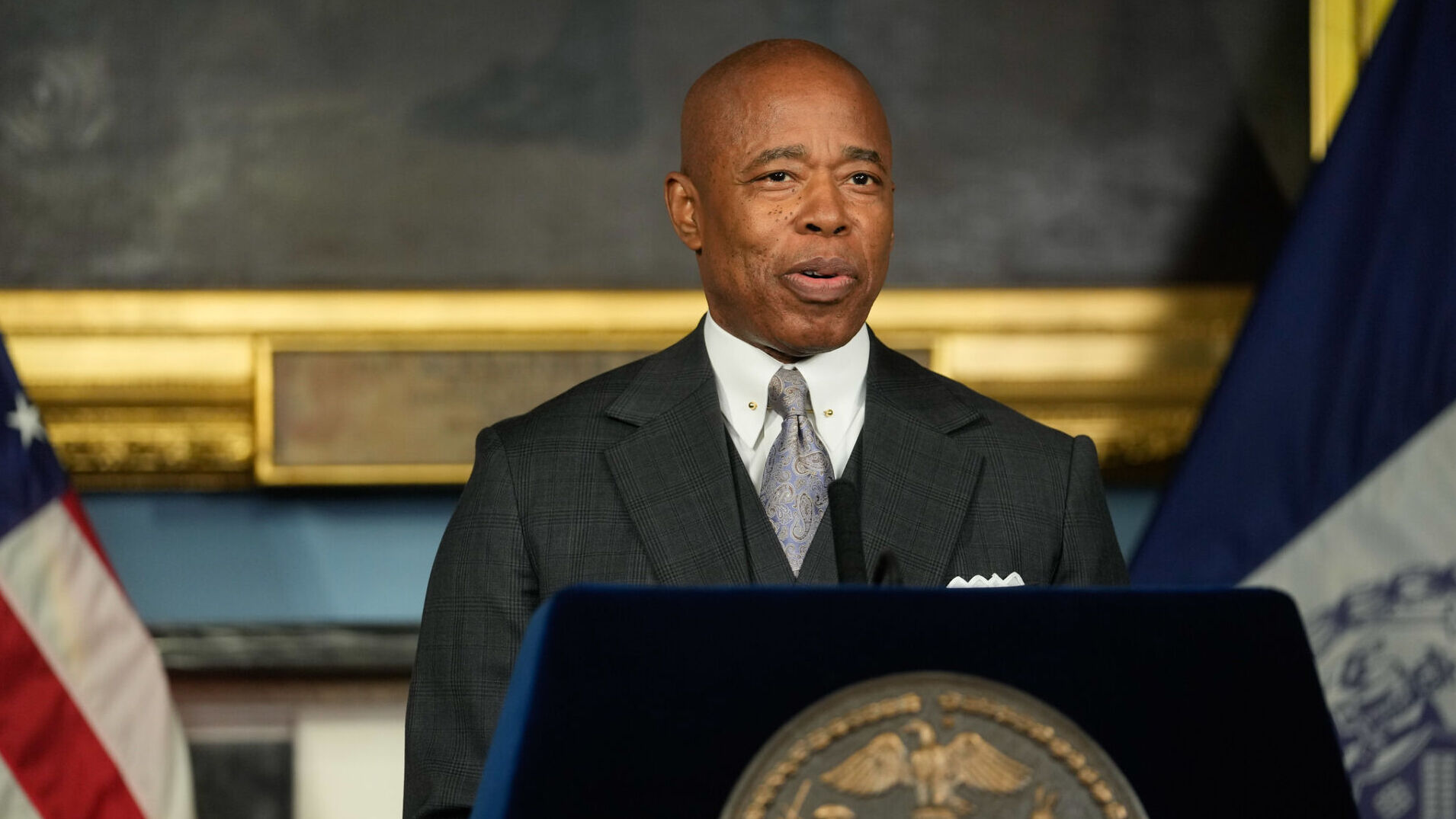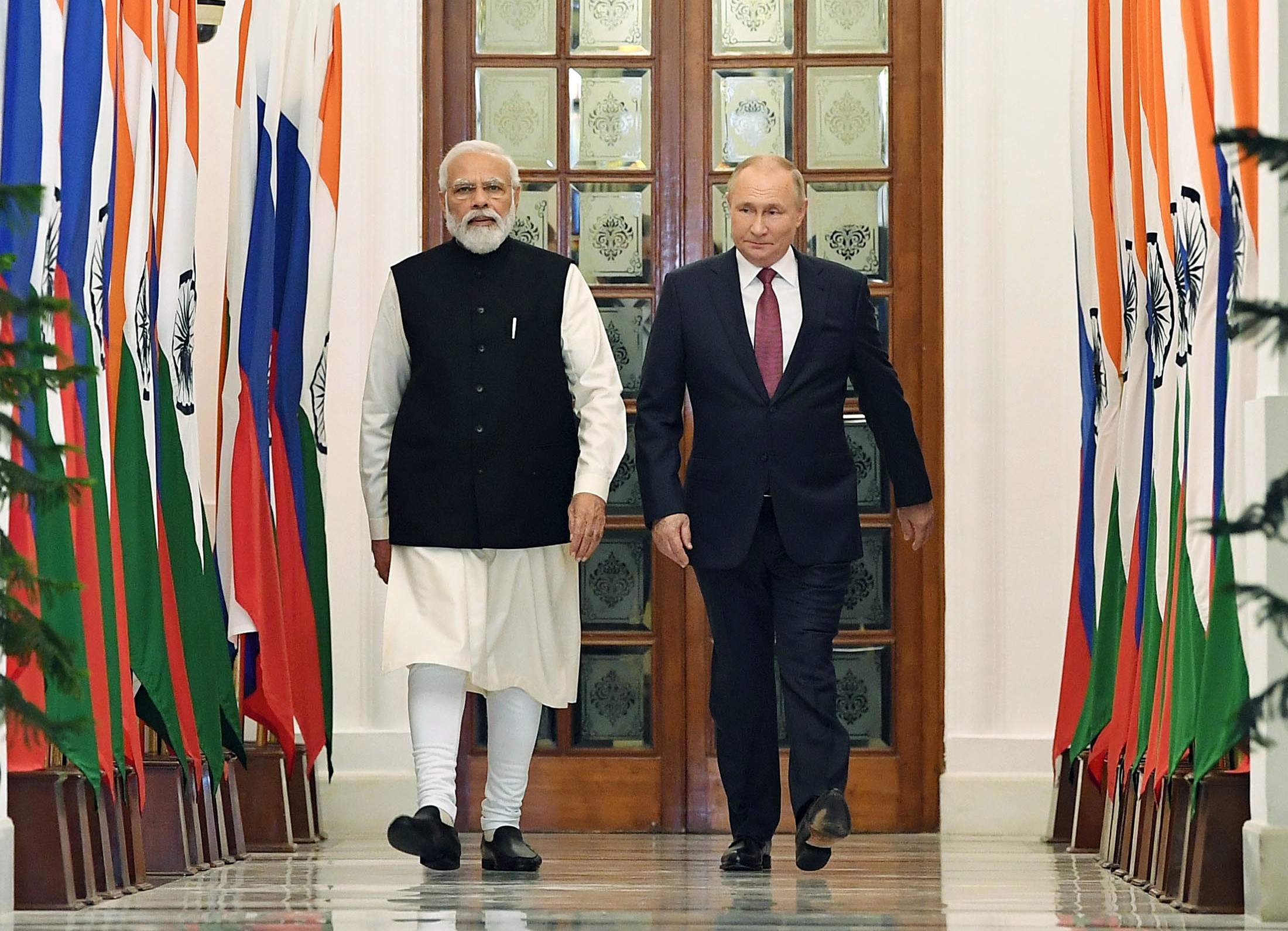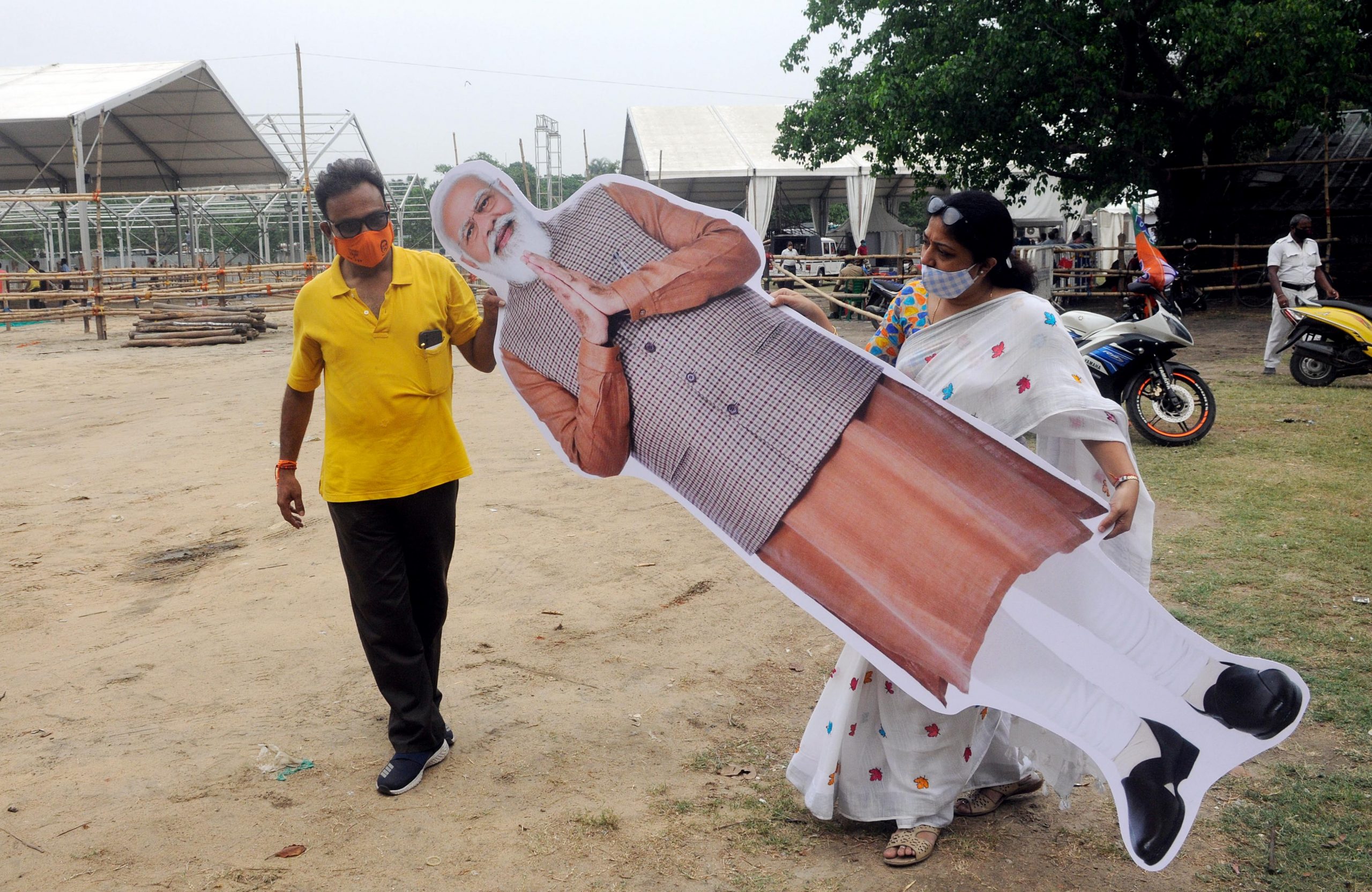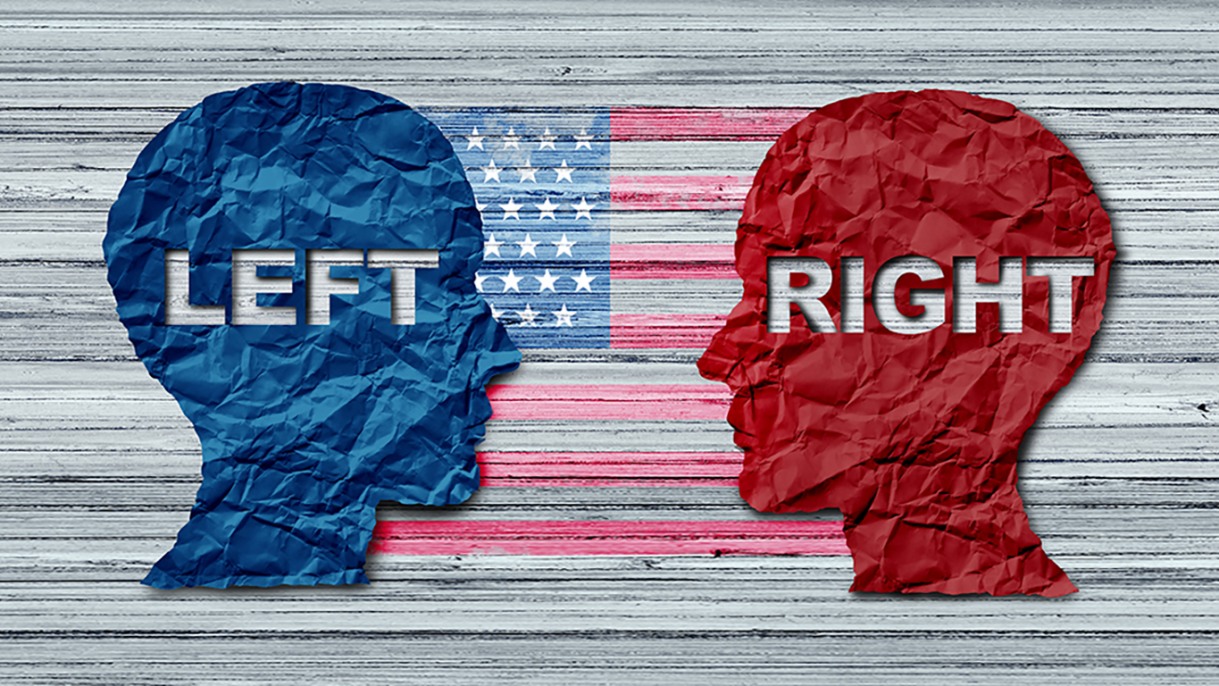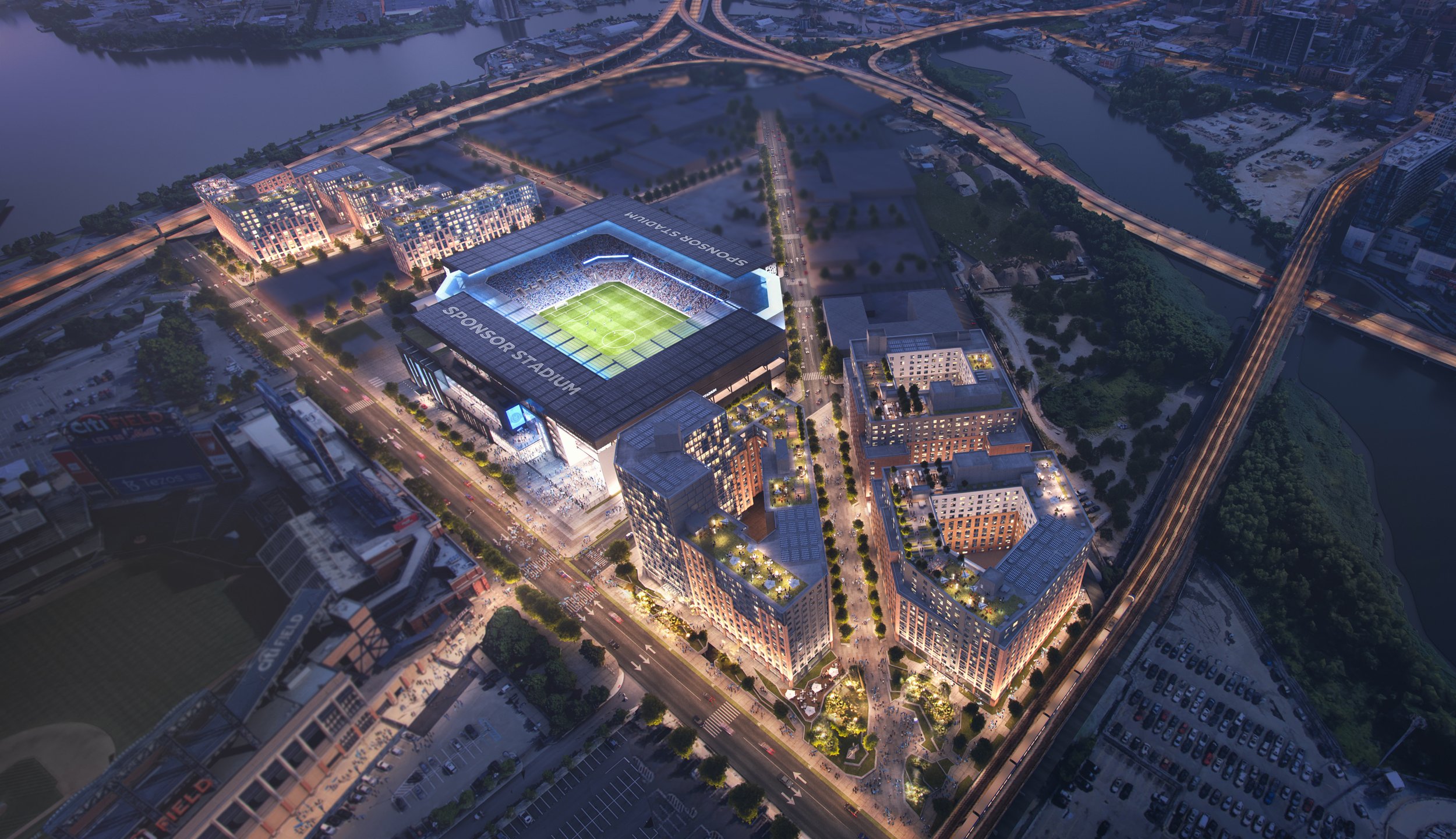On the issue of Russia- Ukraine Conflict, there are ideological divergences that exists between ANC and DA. While ANC remains neutral over the Russia Ukraine crisis, the DA, on the other hand. has condemned Russia and has claimed that it is in South Africa’s interests to stand with the free world
Dr. Gauri Narain Mathur
On June 21, 2024, Cyril Ramaphosa was sworn in for a second term as the President of the first ever coalition government of South Africa. South Africa which conducted its seventh general elections in May 2024, witnessed a momentous verdict, given that the ruling African National Congress lost its majority for the first time since it came to power in 1994.
According to the Electoral Commission of South Africa, the African National Congress received 40.18% of votes, which is well short of majority. ANC called for the formation of a National Unity Government and was compelled to share power with one of the key opposition party the Democratic Alliance, (DA) which had secured 21.81% of votes. The left leaning Economic Freedom Fighters and Mkhunto weSizwe (MK) led by former South African President Jacob Zuma, received 9.52% votes and 14.8% votes respectively. Both the parties refused to join the government while DA would be a part of it. The MK even demanded for Ramaphosa’s removal from presidency, which the ANC did not approve of.
ANC then opened negotiations with the smaller parties and the right leaning Inthekha Right Wing party (IFP) with 3.85% of votes, was first to join the National Unity Government followed by Patriotic Alliance (PA) and Pan Africanist Congress (PAC). Thus, the Government of National Unity now comprises 10 political parties.
On 1st July 2024, the South African President Cyril Ramaphosa formed a new cabinet, and ANC, has retained the largest share of cabinet portfolios (20 out of 32 Cabinet Positions) with itself while six cabinet positions are held by Democratic Alliance, two by IFP, one by PA and one by PAC. The formation of a coalition government is unprecedented in South African politics. In this context, this paper examines that what has led to fractured mandate in South Africa, and what are the future implications of the coalition government.
A Fractured Mandate
In the 2024 general elections, South Africa received a fractured mandate when the ruling African National Congress lost its majority and no opposition party was able to prove its majority. However, despite ANC’s declining support base, it emerged as largest party in the 2024 elections. The African National Congress since 1994 has been the dominant political party in South Africa, which has won five successive elections. It has even controlled the regional and local politics of South Africa.
African National Congress’s electoral domination reached its peak in the 2004 national elections wherein its total voting share was about 69.7%. However, since 2014 the party witnessed a decline in its voter base at the national and provincial elections, reaching an all-time low to 40.9%. in the 2024 elections. In the last general elections held in 2019, ANC received a voting share of 57%. According to experts, ANC witnessed a decline in its support base due to rising unemployment, poverty, misgovernance, rising violent crimes, corruption, power cuts and water crises.
Besides, what cannot be ignored is that, South Africa has seen a change in its political culture with the rising number of political parties in South Africa. More than 70 political parties contested the 2024 general elections. There was also a greater voter abstention in the 2024 elections as around 41.6% of the registered voters did not vote as compared to 34% voters who did not participate in the 2019 elections.
ANC lost crucial votee in its strongholds such as the Kwa Zulu Natal and the Guateng province. Gauteng is the financial hub of South Africa and is home to Johannesburg Stock Exchange and other MNC’s. In the Kwazulu Natal province, MK led by Jacob Zuma won by 44% of votes while ANC secured 19% of votes. Despite this, no opposition party was able to achieve majority, as the key opposition parties such as the centrist Democratic Alliance and the left leaning Economic Freedom Fighters have not been able to achieve significant growth in their voter base from the previous elections. DA received 21%votes in the current elections which is only slightly higher than its 2019 voting share of 20%. According to many analysts, this is due to the rise of multiple new political parties, attracting the voters within the constituencies of the established political parties. According to the Election Commission of South Africa, out of the 70 political parties that contested the elections this year, with around 30 new political parties having registered in 2024.

Challenges of a Coalition
With the formation of the Government of National Unity, South Africa has entered into a new political era. This historic coalition which comprises both African National Congress and Democratic Alliance, required substantial compromise from both the major parties. Initially, ANC proposed a Confidence and Supply agreement, which was rejected by the rest of the parties in the coalition and which claimed that there is need for a genuine power sharing agreement. After much deliberation, the parties agreed to sign a Framework Agreement that will govern the Unity Government. The agreement maintained that a decision could only be made once the consensus is reached. This implies that President Ramaphosa will not be able to take decision without the consent of the coalition partners. Besides the parties agreed to 10 Guiding Principles which includes respect for the Constitution. Ramaphosa’s announcement of his multiparty cabinet is the reflection of this wherein six cabinet portfolios are held by Democratic Alliance (DA), which was once the main opposition party.
The internal tensions within the coalition also pose a challenge. All the parties of the coalition have been urged to find common minimum agenda given that their ideas of governance are extremely diverse. For instance, one could look at the Black Economic Empowerment Initiative that was launched by ANC, with an objective to advance economic transformation and to improve the representation of black people in South Africa’s economy. This initiative was strongly opposed by DA, claiming that it has failed miserably as it has majorly benefitted the politically connected black elites. Besides, DA had also previously opposed several other bills of ANC such as the ANC led National Health Insurance fund and the Land Expropriation Bill.
Implications for the Foreign and Domestic Policies
On the issues related to foreign policy, there are major ideological differences which exist between the two major coalition partners, ANC and DA. South Africa, in particular, through its membership of BRICS grouping has played a key role as far as putting forward the interests of the Global South at the forefront.
During the 15th BRICS Summit that was held in South Africa in 2023, the grouping expanded to include, Iran, Argentina, Egypt, Saudi Arabia and UAE. The Democratic Alliance objected to this decision stating that the ANC led government did not outline any evaluation criteria, which guided South Africa’s support to the new members, particularly with regard to Iran and Saudi Arabia. The DA claimed that it is not clear that, what common vision does South Africa share with these countries which are fundamentally opposed to the democratic values which South Africans hold sacred.
As far as the Israel-Gaza conflict is concerned, the ANC led government had accused Israel of committing genocide on Palestinians and had pleaded to the International Court of Justice, to immediately halt Israel’s military operations. Thus, the ANC has a pro- Palestine stance, while the DA due to its pro- western position, maintains ambiguity over the issue. The Democratic Alliance opposed, the ANC’s decision to take Israel to the International Court of Justice and maintains that DA stands in solidarity with the two-state solution and rejects any sentiment which seeks to annihilate either Israel or Palestine. Other opposition parties, such as uMkhunto weSizwe and Economic Freedom Fighters, have expressed their solidarity with Palestine and have called on South Africa to work with BRICS countries to explore alternative currencies. Similarly on the issue of Russia- Ukraine Conflict, there are ideological divergences that exists between ANC and DA. While ANC remains neutral over the Russia Ukraine crisis, the DA, on the other hand. has condemned Russia and has claimed that it is in South Africa’s interests to stand with the free world.
At the domestic front, South Africa is experiencing a sluggish economic growth with the national treasury placing GDP growth at 1.4% for 2024. The unemployment rates remain high at 31.9% and the youth unemployment being 41.6%. Heavy debt, the high cost of living, increasing fuel and food prices and rising unemployment is putting pressure on the financial stability of the country. In South Africa, currently, the fiscal space is constrained by weak revenues and the increasing debt-servicing cost. The debt share of GDP has reached up to 73.7% in 2024, which was 51.5% in 2018, with debt servicing placing a major burden on the government.
Thus, tackling high cost of living with an inclusive economic growth and creating the employment opportunities for the youth will be the key priority of the coalition government. Both ANC and DA have outlined several measures to bring about an inclusive economic growth and development such as implementation of an industrial strategy that will drive growth and create opportunities for the youth of South Africa. According to experts, there will be a continuity as far as domestic policies are concerned given that the Democratic Alliance holds 87 parliamentary seats compared with ANC which holds 159 seats, hence it will not demand any new policy or push for a radical change as it does not have the political muscle to do so.
Conclusion
This is for the first time that there is a Coalition Government in South Africa. The inclusive model of the National Unity Government comes with its own set of challenges. The effectiveness of the coalition government will depend upon the approach the African National Congress and Democratic Alliance take to steer through these challenges and build consensus to work towards a common goal. Thus, there is a need for both the African National Congress and Democratic Alliance to ensure the stability in governance in South Africa.
Dr. Gauri Narain Mathur is a Research Associate at Indian Council of World Affairs, New Delhi
This article first appeared in the Viewpoint section of the website (www.icwa.in) of Indian Council of World Affairs, New Delhi, on July 9, 2024


















